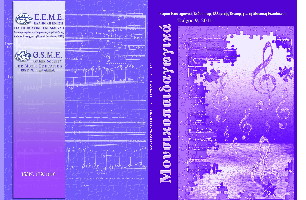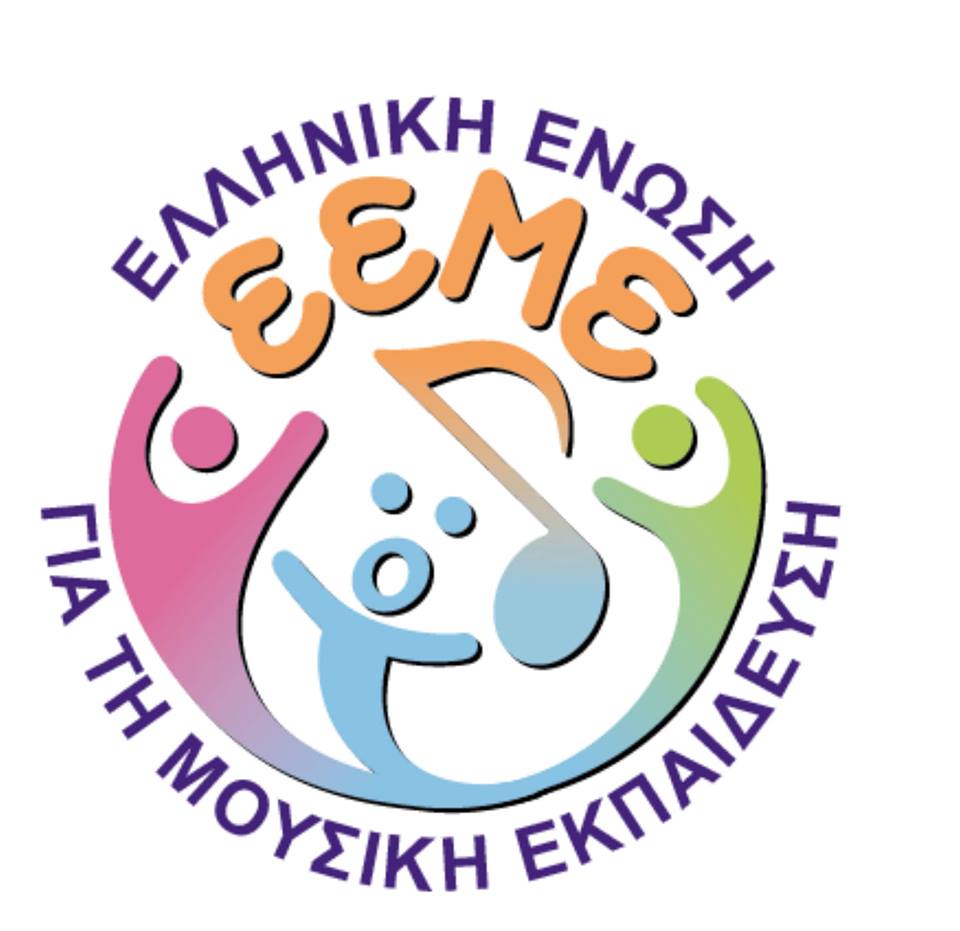
|
Editorial
|
3 |
|
Patrick Freer – Antonis Ververis: Male adolescent changing voice and choral music education in the United States of America
|
5 |
|
Konstantinos Tsahouridis: Pontic Singing in Contemporary Greece: Vocal Techniques and Pedagogical Implications of an Aural/Oral Tradition
|
24 |
|
Dimitra Koniari: Critical and sensitive periods for music learning
|
51 |
|
Nikos Theodoridis: Views and opinions of kindergarten teachers about music teaching and their music-pedagogical education
|
62 |
|
Marianna Rontogianni: Music Technology and Music Education: Historical Development and Current Issues
|
79 |
Abstracts:
Male adolescent changing voice and
choral music education in the United States of America
Patrick Freer – Antonis Ververis
Despite the interest that researchers have shown worldwide in the study of male adolescent changing voice during the past seventy years, the Greekeducational system seems to ignore this issue. Two researchers -one from the United States and one from Greece- both in the field of Choral Education collaborated for this article, the purposes of which were the following: (a) to present an overview of research concerning the male adolescent changing voice, (b) to present teaching methods suggested by American educators and students, and (c) to make suggestions for practice within Greek music education classrooms and the training of music educators in Greece.
Pontic Singing in Contemporary Greece: Vocal Techniques
and Pedagogical Implications of an Aural/Oral Tradition
Konstantinos Tsahouridis
This article examines the vocal techniques employed by performers of contemporary Greek Pontic traditional music. Combining fieldwork analysis with personal experience, the author offers an evidence-based explanation of the underlying cognitive and physiological processes that inform these techniques. While anatomical considerations constitute a central focus of this analysis, an appraisal of pedagogical implications suggests points for consideration that apply to aural/oral folk traditions, such as Pontic. The objectives of this research were: (a) to identify the current vocal techniques of singing in a Pontic style, (b) to bridge the gap between theory and practice in studies of voice and vocal production, (c) to present specific pedagogical approaches, and d) to display the discipline of auto-ethnography as a research tool in the field.
Critical and sensitive periods for music learning
Dimitra Koniari
While most of music pedagogy methods stress the importance of early musical experience and training for achieving high levels of musical expression and for the social, cognitive and sentimental development of children, there is actually little neurobiological evidence on this question. The article reviews studies on brain development and the notions of “critical” and “sensitive” periods for achieving musical expertise. It appears that sensitive periods for music training are probably quite fluid and that the adult brain retains some plasticity to acquire musical expertise also later in life.
Views and opinions of kindergarten teachers about music teaching and their music-pedagogical education
Nikos Theodoridis
The article focuses on kindergarten teachers’ preferences for teaching music in relation to other objects of artistic education. Results show that kindergarten teachers in Greece recognize the importance of music teaching in the form of a long term planning of the musical curriculum. However, they complain about the lack of musical knowledge and competence from their basic studies and the need for an in-service educational programme on music education in kindergarten.
Music Technology and Music Education:
Historical Development and Current Issues
Marianna Rontogianni
We live in times of rapid technological development which affects considerably all aspects of human life. Composing, editing and performing of music have changed dramatically with immediate effects on music teaching and learning. People have never stopped trying to invent new ways of musical expression and the efforts of numerous scientists have resulted in the various music tools that all professional musicians, music teachers and students possess today. The use of technology in schools is integrated part of the National Curricula of all developed countries today and is grounded upon concrete theoretical base. Research results considering the use of technology in education and in music education in particular are presented, as well as the place of music technology in the Greek educational system. The role of the teacher of music for an effective use of technological tools in music classroom is stressed.





 Please wait...
Please wait...